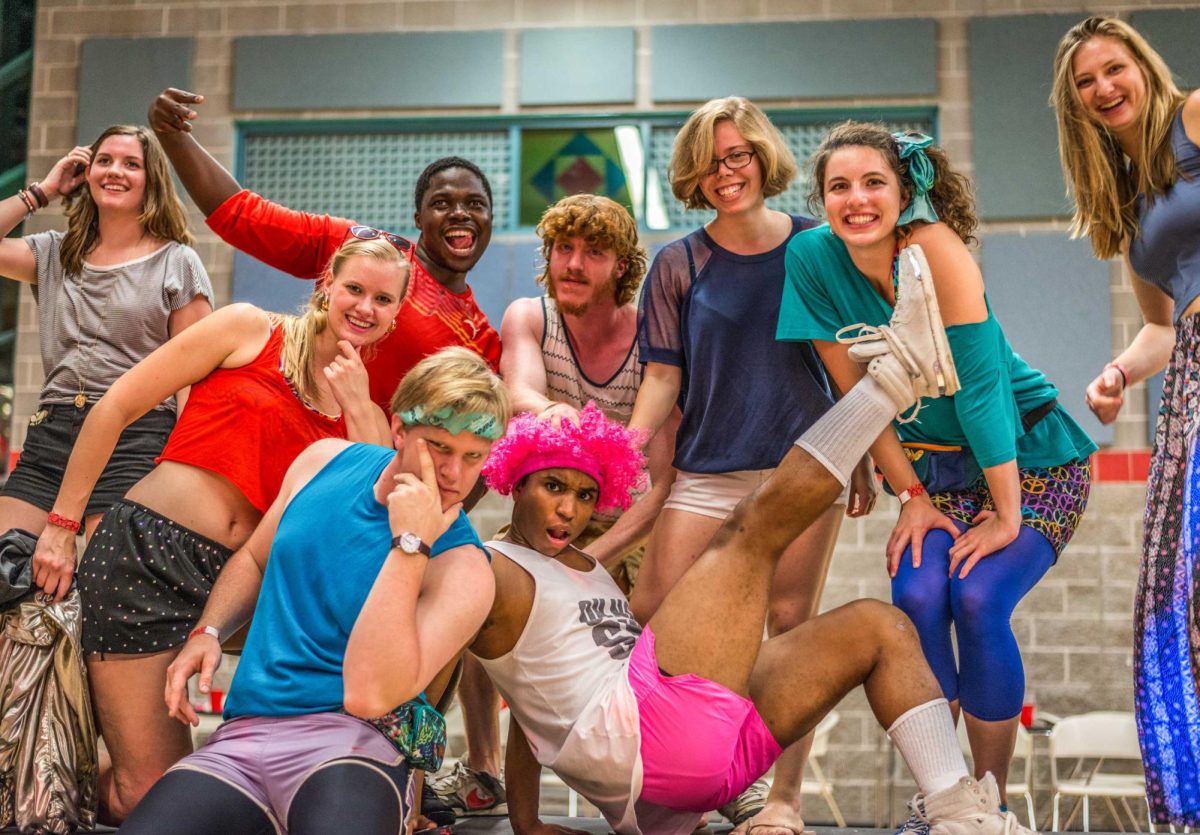By Kevin Hong
As Skype becomes an increasingly popular mode of communication, some professors have started using it as a teaching tool to enhance students’ education experience.
“Skype extends the possibilities that we have for moving beyond the classroom,” said Craig Upright, a visiting professor in Sociology. He used Skype this past semester to help a student who was not able to attend the class due to visa issues during the first week. “I still wanted him to be involved, if not participate, at least be in tune with the class discussions. So I had a student set up the Skype so that he could ‘be there’ and hear what was going on in class and he did make occasional contributions to it.”
Shanna Benjamin, Assistant Professor of English, uses Skype to contact students outside class regularly, especially for students who cannot make it to her office hours. “Usually during the course of the semester I’ll Skype with the students on average twice a week,” Benjamin said. “What we are able to do is talk about their work and their materials, and we’ll send things forth and back through email, I’ll type in my comments, I’ll send them back, and they can look at them, almost as if we are just sitting across the table from one another in my office.”
Skype is especially useful for professors who don’t live in Grinnell.
“I moved to Iowa City this past summer, and so I think it’s a green way to stay connected with students.” Benjamin said. “I don’t have to hit the highway and burn up gas for just a meeting or two, but I’m able to see them and to talk to them, and they know they always have access to me when I’m not on campus. The question of access is really the best feature for me about using Skype to conference with students.”
Students also gain access to people outside Grinnell through Skype. In previous semesters Upright has brought outside speakers to class using Skype. “I have set up the Skype so that someone who was across the country, who I could not afford to actually bring to campus, could still spend half an hour conversing with the class about what was taking place,” Upright said. “So it is simply a tool for allowing people who are not physically present to actually contribute something to the class.”
Similarly, Professor Matthew Johnson, History, used Skype to bring in an outside expert in his class. “I set it [Skype] up as a special event at the end of the semester,” Johnson said. “We had a special seminar, led by a professor from the University of British Columbia, who is a well known authority on the contemporary politics and culture of the People’s Republic of China. So we had a lively seminar with him as the leader. The students having read a little bit of work by him so they could prepare with questions.”
Johnson also emphasized the access that student obtain through Skype.
“It definitely gives Grinnell students access to real experts out there in the wider world. There are many people who speak to a lot of issues that we cover in courses, so these are just tools to enhance the curriculum.” Johnson said. “Also, I think it’s great for students to practice interacting with people outside the Grinnell community, to get involved in public debate and being able to address questions to knowledgeable person who they may not have prior contact to. It seems that it’s a great way for students to get involved and talk about, in this case, China, with an expert that is not located in the College.”
There’s no doubt that Skype is an amazing way to expand on a usual class. However, most professors do not think that it could ever replace the traditional teaching methods. “It is an artificial environment, and I use that to deal with particular limitation that I had,” Upright said. “It helps to augment the normal class interactions that are taking place, but it could not be a substitute for that.”
The classroom setting where people are able to share with their peers, and where they are all able to come together in one space, are still very important to the learning process.
“It’s just nice to have other people around you,” Benjamin said.
Professors who use Skype in the classroom still cite the fact that many social, and thus educational, cues that are not communicated by video interface.
“I would hate to stand in front of a room of 25 computers and try to actually engage people into conversations,” Upright said. “Much of human interaction involves not just hearing the words that people say, but watching how they are saying it.”























































